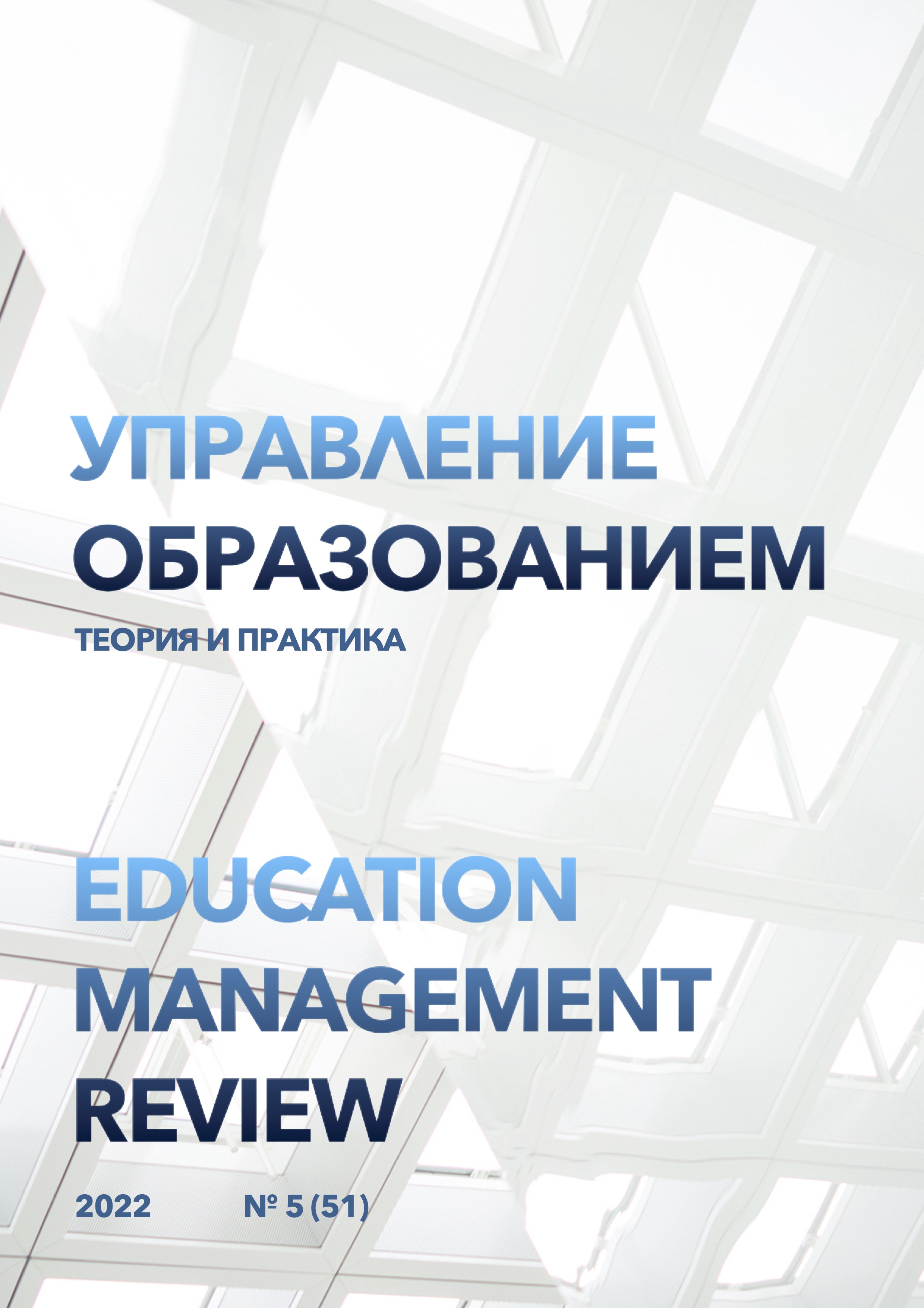The concept of "competence in a cyclical economy" in the international scientific space
DOI:
https://doi.org/10.25726/q3779-9254-8476-hKeywords:
education, circular economy, research, transitionAbstract
Greening the economy will require a lot of new skills, which requires significant investment in education. In the transition to a new economic model of the circular economy, higher education plays a major role, which requires its immediate response to new challenges. Higher education should be able to train the "green" specialists needed and expected in the circular labor market. Vocational education and lifelong learning should offer new approaches to the training of specialists in various industries that will allow them to apply the principles of circular economy in their professional activities. In addition, the process of professional training of specialists in circular economy should take into account the goals of greening the economy by introducing the principles of circular economy into educational programs and developing new courses. Accordingly, the purpose and content of training specialists from a certain field of circular economy requires rethinking and justification, taking into account modern global changes in the economy. One of the primary tasks is to understand and formulate the concept of "competence in the circular economy" as a relatively new concept in the Federal Educational discourse.
References
Инновационные технологии как фактор реализации компетентностного подхода в образовании / Н.В. Буренкова, Т.В. Данилова, М.С. Сидорина [и др.]. Саратов : Ай Пи Ар Медиа, 2019. 220 с.
Йенсен Р. Общество мечты. Как грядущий сдвиг от информации к воображению преобразит ваш бизнес. СПб. : Стокгольмская школа экономики в Санкт Петербурге, 2002. 272 с.
Нечаев А.В., Поляков Е.Г. Существующий и перспективный баланс производства и потребления редкоземельных металлов в России // Минеральные ресурсы России. Экономика и управление. 2020. № 2. С. 49-53.
Романова О.А. Экологический императив переработки техногенных отходов в условиях формирования экономики замкнутого цикла // Техноген-2019. Тр. конгр. с междунар. участием. Екатеринбург : УрО РАН, 2019. С. 6265.
Information support of the circular economy: the objects of accounting at recycling technological cycle stages of industrial waste / Vegera S., Malei A., Sapeha I., Sushko V. // Entrepreneurship and Sustainability Issues. 2018. Vol. 6, № 1. P. 190-210. DOI: 10.9770/jesi.2018.6.1(13).
Kadyrov A.S., Kunaev V.A., Georgiadi I.V. Prospects for processing of ferrous metallurgical waste based on ArcelorMittal Temirtau experience // Metallurgist. 2018. Vol. 62, № 1-2. С. 22-28. DOI: 10.1007/s11015-018-0620-3.
Kalmykova Y., Rosado L., Sadagopan M. Circular economy — from review of theories and practices to development of implementation tools // Resources, Conservation and Recycling. 2018. Vol. 135. P. 190-201. DOI: 10.1016/j. resconrec.2017.10.034.
Longevity and circularity as indicators of eco-efficient resource use in the circular economy / Figge F., Thorpe A. S., Givry P., Canning L., Franklin-Johnson E. // Ecological Economics. 2018. Vol. 150. P. 297-306. https://doi.org/10.1016/j. ecolecon.2018.04.030.
Mammadov H., Suleymanova I., Bahadur T. High-effective artificial porous gravel from metallurgical industry waste // Journal of Advanced Research in Dynamical and Control Systems. 2018. Vol. 10, № 9, spec. iss. С. 451-457.
Recycling of ferromanganese gas cleaning plant (GCP) sludge by novel agglomeration / Rama Murthy Y., Kapu-re G. U., Tripathy S. K., Sahu G. P. // Waste Management. 2018. Vol. 80. С. 457-465. DOI: 10.1016/j.wasman.2018.06.023.
Ziatdinov M.K., Shatokhin I.M., Leontev L.I. SHS technology for composite ferroalloys. 1. Metallurgical SHS: nitrides of ferrovanadium and ferrochromium // Steel in Translation. 2018. Vol. 48, № 5. С. 269-276. https://doi.org/10.3103/ S0967091218050133.




